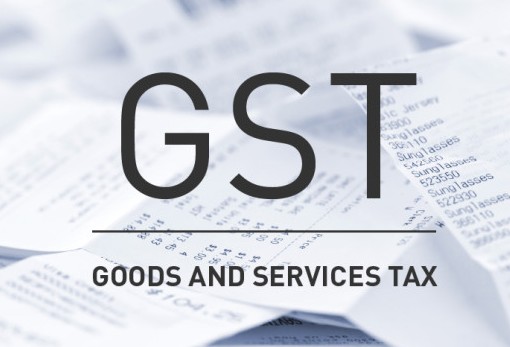No further commentary or guidance has release since the budget announcement. However the propose changes are intend to take effect from 1 July 2018.
The changes refer to developers of “new residential premises”. Therefore all developers should take note of the propose changes.
The government is concern that there is a risk to GST money. By implementing this measure the government aims to increase GST revenue.
Whilst the budget papers refer to the measures taking effect from 1 July 2018. It is not yet clear how the new rules will apply to existing off-the-plan contracts. Where settlement will occur after 1 July 2018. Contracts entering into between 9 May 2017 (budget night) to 1 July 2018. Where settlement will be after 1 July 2018. Or put and call options which are exercisable after 1 July 2018.
Ways that it may be introduce include -:
Introducing a withholding mechanism. E.g. an interim withholding burden place on the purchaser. Which is then applies towards the developer’s GST liability Or making purchasers directly liable for the GST.
Most new residential premises are sell to people who are not register for GST. On this basis, it is expecting a withholding mechanism is more likely. With the withholding to be identifing and dealt with as part of the conveyancing process.
Currently, a developer would receive sale proceeds and potentially have up to four months. Before any GST component is requires to remitte to the ATO. Accordingly, developers will need to consider the impact the changes will have on their working capital. Developers will also need to ensure sufficient documentation is providing to purchasers. Futhermore, or their persons to ensure the correct amount of GST is identified and remitte to the ATO.
Whilst the quantum of GST on the supply of new home premises will not altering under the propose measures. The terms of any legal arrangements documenting affect supplies will need to be draft in a way that contemplates the propose measures. Finally, we recommend that developers seek legal advice to ensure legal documents regarding affecting supplies are properly draft.

